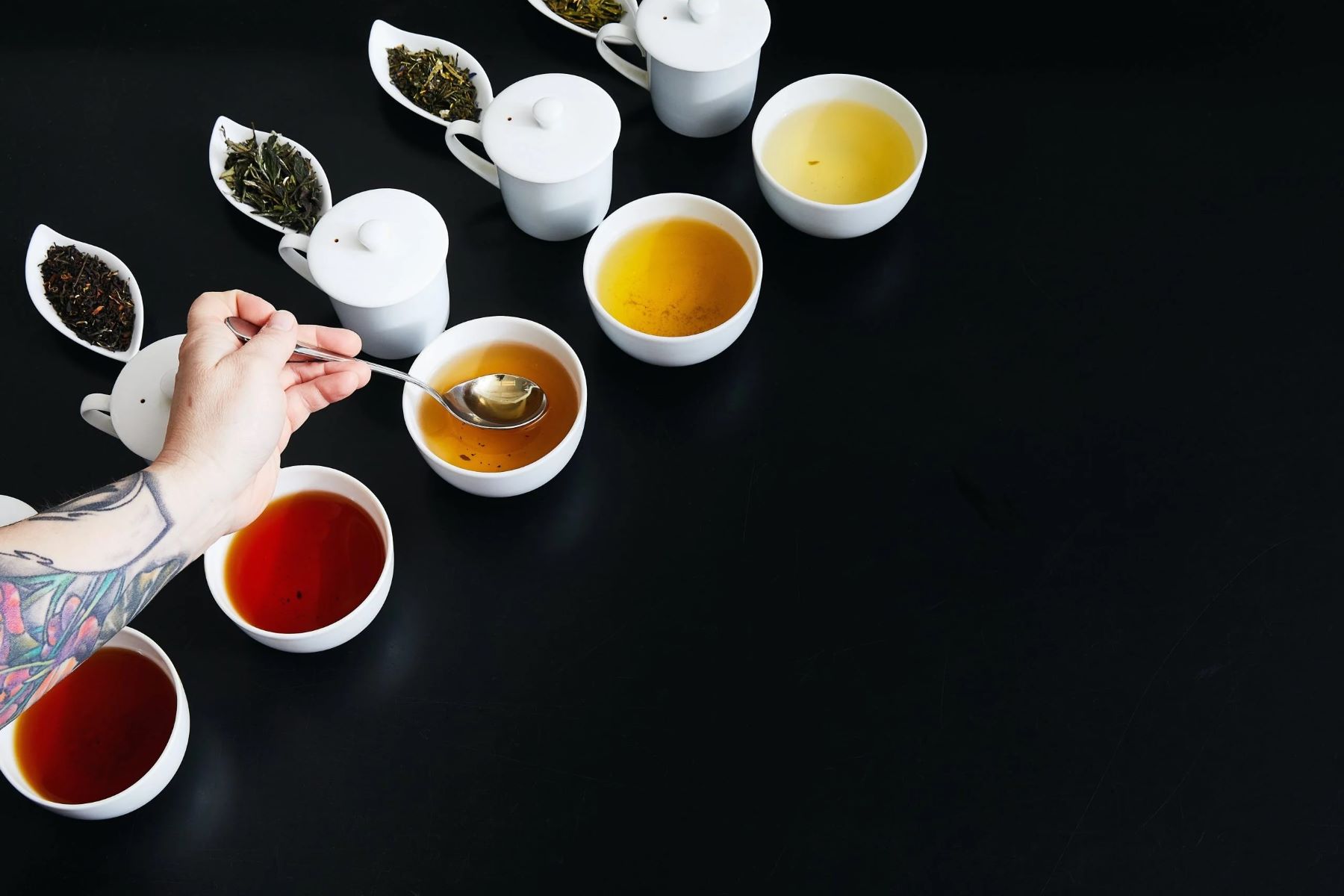The Hidden Story Behind The Word ‘Tea’

Ever wondered why we call that soothing drink "tea"? The story behind the word is as rich as the beverage itself. Originating from the Chinese word "cha," the term traveled the world, picking up different names along the way. When Dutch traders brought the drink to Europe in the 17th century, they used the word "thee," which eventually became "tea" in English. Meanwhile, Portuguese traders who accessed China through Macau called it "cha," influencing other languages like Russian and Persian. This fascinating journey shows how trade routes and cultural exchanges shaped the words we use today. Ready to sip on some history?
The Origins of the Word 'Tea'
The word 'tea' has a fascinating history that spans continents and cultures. Its journey from ancient China to becoming a global beverage is a story worth telling. Let's explore the origins and evolution of this beloved drink.
China: The birthplace of tea, China, has been cultivating and consuming tea for thousands of years. The Chinese word for tea is "chá," which is still used today.
Japan: In Japan, tea was introduced by Buddhist monks who traveled to China. The Japanese word for tea is "ocha," derived from the Chinese "chá."
India: India, another major tea producer, uses the word "chai," which also comes from the Chinese "chá." Indian chai is often spiced and sweetened, making it unique.
The Spread of Tea to Europe
Tea's journey to Europe marked a significant chapter in its history. European traders and explorers played a crucial role in bringing tea to the Western world.
Portugal: Portuguese traders were among the first Europeans to encounter tea in China. They brought it back to Europe, where it quickly gained popularity.
Netherlands: The Dutch were instrumental in popularizing tea in Europe. They established trade routes with China and imported large quantities of tea.
England: England's love affair with tea began in the 17th century. The British East India Company played a pivotal role in making tea a staple of British culture.
The Influence of Trade and Colonization
Trade and colonization had a profound impact on the global spread of tea. Different regions adopted and adapted tea in unique ways.
Russia: Russian traders brought tea from China via the Silk Road. The Russian word for tea is "chai," similar to the Chinese "chá."
Turkey: In Turkey, tea is known as "çay," another variation of the Chinese "chá." Turkish tea culture is deeply ingrained in daily life.
Morocco: Moroccan tea, or "atay," is often made with green tea and mint. This blend reflects the influence of both Chinese and Arab cultures.
The Modern Global Tea Culture
Today, tea is enjoyed worldwide, with each culture adding its own twist. The word 'tea' has evolved, but its essence remains the same.
United States: In the U.S., tea is often associated with iced tea, a refreshing beverage popular in the South. The word "tea" itself comes from the Dutch "thee."
Argentina: In Argentina, "mate" is a traditional drink made from the leaves of the yerba mate plant. While not technically tea, it shares similarities and cultural significance.
Kenya: Kenya is one of the largest tea producers in the world. The Swahili word for tea is "chai," showing the lasting influence of trade routes.
The Cultural Significance of Tea
Tea is more than just a drink; it holds cultural and social significance in many societies. Let's look at how tea has become a symbol of hospitality and tradition.
China: In China, tea ceremonies are an art form, reflecting respect and harmony. The preparation and serving of tea are deeply symbolic.
Japan: Japanese tea ceremonies, or "chanoyu," emphasize mindfulness and the beauty of simplicity. Each movement is deliberate and meaningful.
England: Afternoon tea in England is a cherished tradition. It involves a selection of teas, finger sandwiches, scones, and pastries, often enjoyed in a social setting.
The Future of Tea
As we look to the future, tea continues to evolve. Innovations in tea production and consumption are shaping the next chapter of this ancient beverage.
Sustainability: Many tea producers are focusing on sustainable practices to protect the environment and ensure the future of tea cultivation.
Health Benefits: Research into the health benefits of tea is ongoing. Tea is known for its antioxidants and potential to improve overall well-being.
New Flavors: The tea industry is experimenting with new flavors and blends, catering to diverse tastes and preferences. From fruity infusions to herbal concoctions, the possibilities are endless.
The Fascinating Journey of 'Tea'
The word tea has a rich history that spans continents and cultures. Originating from the Chinese word "cha," it traveled through trade routes, influencing languages and traditions worldwide. Whether you call it "chai," "té," or "tea," this simple word connects people across the globe. From the bustling markets of China to the tea rooms of England, tea has been a staple in daily life for centuries. Its journey from East to West showcases the power of cultural exchange and the importance of trade in shaping our world. Next time you sip your favorite brew, remember the incredible story behind that cup. It’s more than just a drink; it’s a testament to human connection and the blending of traditions. Enjoy your tea, knowing it carries a piece of history with every sip.

